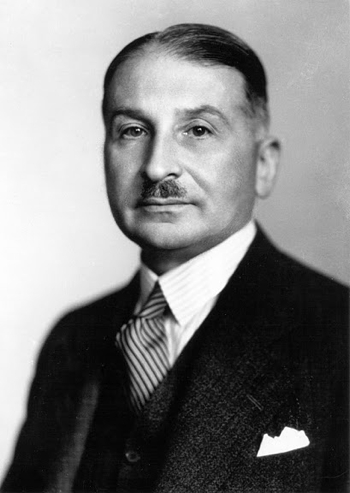
“ A Parallel Edition of Ludwig von Mises on Economic Calculation under Socialism (1920) “ with versions of the article in German (facs. PDF and HTML), the Adler English translation, his expansion of his argument into the book Die Gemeinwirtschaft (Socialism) (1922) also in German and English.
2020 is the 100th anniversary of the publication of Ludwig von Mises’ seminal essay on the inevitable problems faced by socialist central planners in trying to organise a “socialist” economic system. From the mid-19th century onwards classical liberals had pointed out the many serious problems which they thought would hamper socialists from creating a “rationally planned” and well-organised socialist system of production which would not be based on the private ownership of property and the profit system which existed in a free market in the “capitalist system” of production.
However, it would not be until 1920 when Ludwig von Mises, observing the actual efforts of the new Bolshevik communist government in Russia which had come to power in the revolution of 1917, asked the most penetrating question of how socialist central planners could do anything economically rational in an economic system in which there were no prices for goods, labour, raw materials, expertise, or most importantly for capital. He began this investigation in this essay of 1920, and deepened it into a book-length work Die Gemeinshaft (Socialism) (1922, revised ed. 1932), and later, in 1949, in a section of his treatise Human Action, Vol. 3, Part 5 “Social Cooperation without a Market”, especially chapters 25 and 26: 25. “The Imaginary Construction of a Socialist Society” and 26. “The Impossibility of Economic Calculation Under Socialism”). [Ludwig von Mises, Human Action: A Treatise on Economics, in 4 vols., ed. Bettina Bien Greaves (Indianapolis: Liberty Fund, 2007). Vol. 3. OLL.
We present here his original 1920 essay in a parallel edition showing the German and English translation side by side so readers can see for themselves this important essay which, had economists and politicians taken more seriously in the 1920s and 1930s, might have saved the Russian people from the catastrophe which was central planning.
